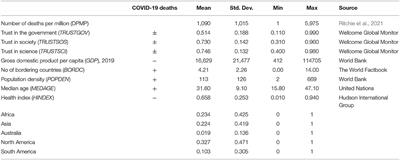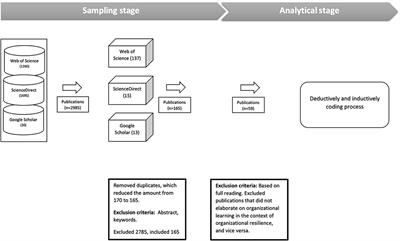EDITORIAL
Published on 12 Dec 2022
Editorial: Emergency, crisis, and risk management: Current perspectives on the development of joint risk mitigation, preparedness and response efforts
doi 10.3389/fcomm.2022.1044231
- 1,294 views
- 2 citations
20k
Total downloads
155k
Total views and downloads
Select the journal/section where you want your idea to be submitted:
EDITORIAL
Published on 12 Dec 2022
ORIGINAL RESEARCH
Published on 10 Aug 2022

ORIGINAL RESEARCH
Published on 30 Mar 2022

ORIGINAL RESEARCH
Published on 15 Mar 2022

REVIEW
Published on 10 Mar 2022

ORIGINAL RESEARCH
Published on 09 Mar 2022

ORIGINAL RESEARCH
Published on 02 Mar 2022

REVIEW
Published on 25 Feb 2022

ORIGINAL RESEARCH
Published on 16 Feb 2022

PERSPECTIVE
Published on 24 Jan 2022

ORIGINAL RESEARCH
Published on 06 Dec 2021

REVIEW
Published on 08 Nov 2021


Frontiers in Psychology
Frontiers in Public Health